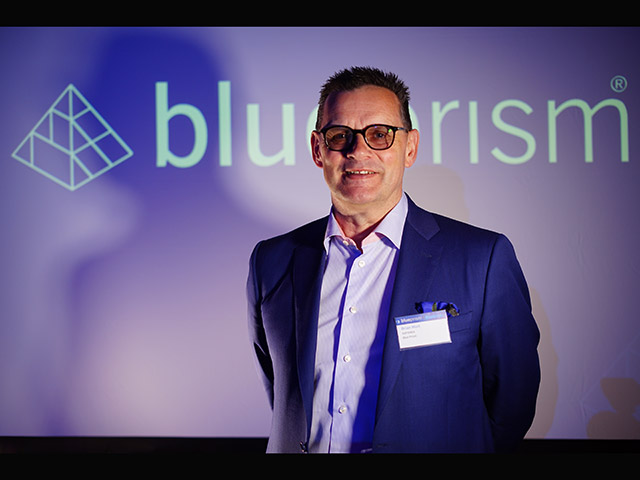With major South African enterprises fast embracing Robotic Process Automation (RPA) and mid-size and even small businesses set to follow suit, RPA pioneer Blue Prism has launched a South African RPA community.
Speaking at the first Blue Prism roadshow in South Africa this week, Blue Prism senior technology solutions consultant John Bailey announced that a new Blue Prism Digital Exchange (DX) RPA community had been launched for organisations in South Africa, which allows companies to explore the scope of what is possible through RPA in their sectors.
“It’s basically an ecosystem of best-of-breed technologies to make it easier for organisations to deploy and scale their intelligent automation solutions. The goal is simple: make the consumption of AI-powered solutions fast and easy—and bring emerging tech to life”, he says.
United we stand
The community will support a new wave of RPA adoption and development in South Africa, where organisations across all sectors are looking to automate for efficiencies, cost control and crucially – enhance customer experience.
RPA is being deployed across South Africa’s leading financial institutions, with the likes of Old Mutual building a digital workforce in under a year, using Blue Prism technologies implemented by DigiBlu.
However, the legacy systems of some large enterprises may be holding them back as they face up to the growing digital challenge, according to Bailey. He said the solution for these slow-moving enterprises could be to harness their forward-thing entrepreneurial thinkers, and engage support through a community of like-minded people, both within and outside the organisation.
RPA for all
But RPA is not just for large enterprises, said Brian Mort, SVP & GM EMEA at Blue Prism. “Through our acquisition of Thoughtonomy this month, we can deliver cloud-based Software-as-a-Service (SaaS)based intelligent automation to Africa. This gives even SMEs access to scalable, cost-effective digital workforces.”
Mort noted that many early adopters did not take a ‘big bang’ approach to RPA. “You could start with a handful of digital workers, see the benefits and then scale up to thousands. But for full impact, organisations should have a bigger transformational vision for RPA, and not simply implement RPA as a point solution,” he advised.
Humans are still relevant
Digital workforces are not set to displace humans, according to Mort. Advanced digital workers equipped with visual perception, planning and sequencing capabilities, collaboration and learning abilities make it easier for humans to complete tasks. “Humans will stay vital, but digital workers and humans will work hand-in-hand, seamlessly moving work between machine and human for better outcomes,” added Bailey.
He believes that Africa is well positioned to use RPA to actually become significant digital disruptors in the global market. “The continent is in an exciting position to leapfrog into this new era without the legacy challenges. Now is the time to adopt and automate fast,” he concluded.





